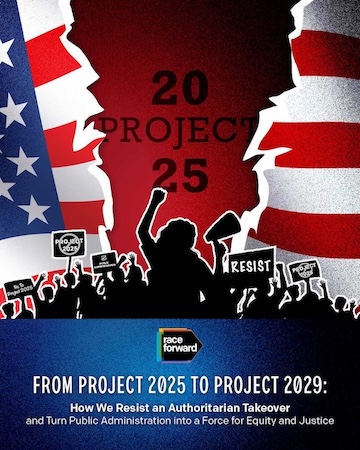
FROM PROJECT 2025 TO PROJECT 2029: How We Resist an Authoritarian Takeover and Turn Public Administration into a Force for Equity and Justice
This toolkit offers a road map to respond to the threat posed by Project 2025 to equitable, democratic and accountable public institutions, particularly our federal agencies, as well as longer-term strategies for turning public administration into a force for equity and justice.
Read More
This toolkit offers a road map to respond to the threat posed by Project 2025 to equitable, democratic and accountable public institutions, particularly our federal agencies, as well as longer-term strategies for turning public administration into a force for equity and justice.
Governing For Racial Equity
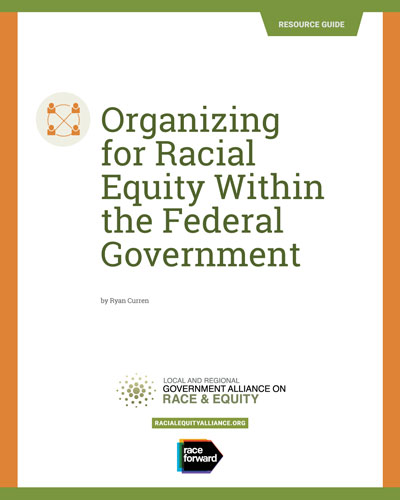
Organizing for Racial Equity Within the Federal Government
This guide provides multiple actions civil servants can take to strengthen and grow the influence of our public institutions so they serve their highest purpose.
Read More
This guide provides multiple actions civil servants can take to strengthen and grow the influence of our public institutions so they serve their highest purpose.
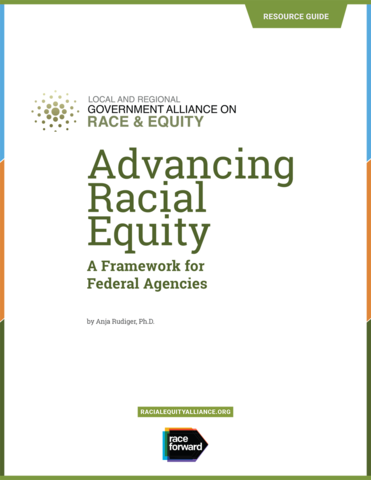
Advancing Racial Equity: A Framework for Federal Agencies
This guide describes the components of a racial equity approach and walks practitioners and leaders in the federal government through key actions in implementing racial equity strategies and the challenges they will face.
Read More
This guide describes the components of a racial equity approach and walks practitioners and leaders in the federal government through key actions in implementing racial equity strategies and the challenges they will face.
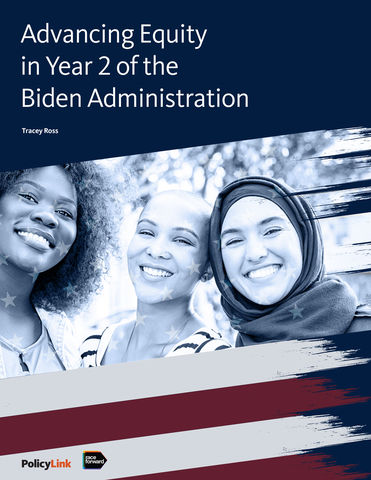
Advancing Equity in Year 2 of the Biden Administration
Created by Race Forward in partnership with PolicyLink, this guide helps federal civil servants build the knowledge, skills, and mindsets required for implementing racial equity policies throughout the federal government. Also included are a list of actions that should be taken by the federal government to begin meeting their stated goals in areas such as: Racial Equity in Federal Government; Gender and Sexual Orientation; Equitable Pandemic Response; and Immigration.
Read More
Created by Race Forward in partnership with PolicyLink, this guide helps federal civil servants build the knowledge, skills, and mindsets required for implementing racial equity policies throughout the federal government. Also included are a list of actions that should be taken by the federal government to begin meeting their stated goals in areas such as: Racial Equity in Federal Government; Gender and Sexual Orientation; Equitable Pandemic Response; and Immigration.
Grassroots Organizing
Some Organizational Resources in this Post-Election Moment
Organizers may find this resource compiled following the 2016 Election helpful as we enter a new election season. This resource guide provide activists, advocates and supporters of the racial justice movement with resources to help navigate the post-election landscape.
Note: neither the list of organizations nor groupings are exhaustive. In addition, the work of some of these largely national and under-the-radar groups cuts across the areas and other critical issues and communities. Please direct thoughts and questions to [email protected].
Read More
Organizers may find this resource compiled following the 2016 Election helpful as we enter a new election season. This resource guide provide activists, advocates and supporters of the racial justice movement with resources to help navigate the post-election landscape.
Note: neither the list of organizations nor groupings are exhaustive. In addition, the work of some of these largely national and under-the-radar groups cuts across the areas and other critical issues and communities. Please direct thoughts and questions to [email protected].

Compact for Racial Justice: An Agenda for Fairness and Unity
A collection of the bi-weekly series of conference calls hosted by the Applied Research Center, now Race Forward, that provides a proactive plan for fairness and unity in our communities, politics, the economy, and the law. The Compact offers concrete strategies and policy proposals to reverse racial disparities and move our society towards full equity, inclusion and dignity for all people.
Read More
A collection of the bi-weekly series of conference calls hosted by the Applied Research Center, now Race Forward, that provides a proactive plan for fairness and unity in our communities, politics, the economy, and the law. The Compact offers concrete strategies and policy proposals to reverse racial disparities and move our society towards full equity, inclusion and dignity for all people.
Model Policies
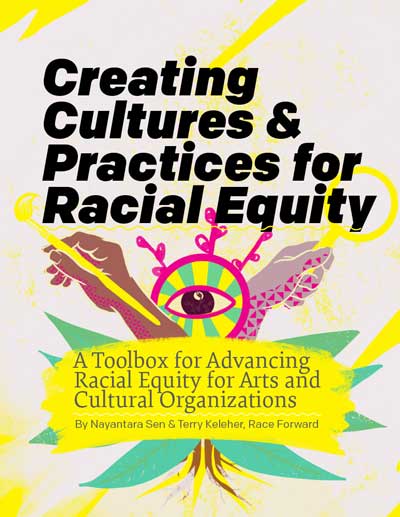
Creating Cultures and Practices for Racial Equity
Emerging from Race Forward’s Racial Equity in the Arts Innovation Lab, this set of tools help artists, arts advocates, culture bearers, and cultural workers imagine, plan, and implement racial equity strategies in arts organizations.
Whether you’re an arts or cultural practitioner already working with a racial equity team and plan or you’re just beginning the journey towards organizational transformation, these tools can be used to make strategic and equitable decisions in assessing existing or proposed policies, practices, plans, programs, grantmaking, contracting, budgets, and more.
Read More
Emerging from Race Forward’s Racial Equity in the Arts Innovation Lab, this set of tools help artists, arts advocates, culture bearers, and cultural workers imagine, plan, and implement racial equity strategies in arts organizations.
Whether you’re an arts or cultural practitioner already working with a racial equity team and plan or you’re just beginning the journey towards organizational transformation, these tools can be used to make strategic and equitable decisions in assessing existing or proposed policies, practices, plans, programs, grantmaking, contracting, budgets, and more.
Preventing Racial Inequity in Schools and Beyond
This brief video shows a success story of how community-based organizations worked with their school district to predict and prevent racial disparities in schools.
Read More
This brief video shows a success story of how community-based organizations worked with their school district to predict and prevent racial disparities in schools.
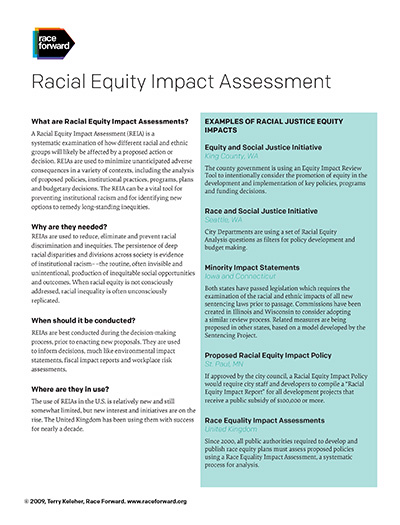
Racial Equity Impact Assessment Toolkit
A Racial Equity Impact Assessment (REI) is a vital tool for analyzing how different racial and ethnic groups will likely be affected by a proposed action or decision. Use of an REI, such as this one, minimizes unanticipated adverse consequences in a variety of contexts, including the analysis of proposed policies, institutional practices, programs, plans and budgetary decisions. It also provides the opportunity to prevent institutional racism and identify new options to remedy long-standing inequities.
Read More
A Racial Equity Impact Assessment (REI) is a vital tool for analyzing how different racial and ethnic groups will likely be affected by a proposed action or decision. Use of an REI, such as this one, minimizes unanticipated adverse consequences in a variety of contexts, including the analysis of proposed policies, institutional practices, programs, plans and budgetary decisions. It also provides the opportunity to prevent institutional racism and identify new options to remedy long-standing inequities.
Combating Racial Biases and Institutional/Structural Racism
This tool helps understand how biases play a role in systemic racism and provides debiasing strategies to mitigate, prevent, and eliminate biases.
Read More
This tool helps understand how biases play a role in systemic racism and provides debiasing strategies to mitigate, prevent, and eliminate biases.
Principles for Racially Equitable Policy Platforms
This set of five principles provides guidance for the development and implementation of racially equitable policy platforms. The principals are:
1. Fix systems, not people
2. Create racially equitable solutions that benefit all
3. Ensure that solutions are grounded in and emerge from the experience of communities of color, by engaging leaders of color who are accountable to those communities
4. Commit to collecting race/ethnicity data and use it to track and target the greatest needs
5. Set measurable, results-based equity goals with specific attention to racial impacts
Read More
This set of five principles provides guidance for the development and implementation of racially equitable policy platforms. The principals are:
1. Fix systems, not people
2. Create racially equitable solutions that benefit all
3. Ensure that solutions are grounded in and emerge from the experience of communities of color, by engaging leaders of color who are accountable to those communities
4. Commit to collecting race/ethnicity data and use it to track and target the greatest needs
5. Set measurable, results-based equity goals with specific attention to racial impacts
Narrative Strategy
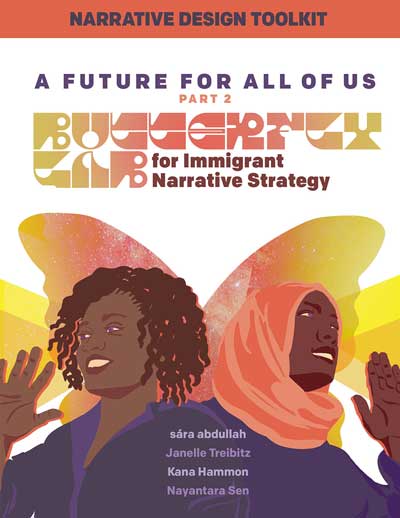
Butterfly Lab Narrative Design Toolkit
This step-by-step toolkit will help you get started in thinking about narrative, articulating your narrative strategy, and designing and implementing your narrative projects, whether a messaging campaign, video, art installation, street theatre, deep canvassing, direct action, or mass mobilization project.
Designed for for storytellers, dream weavers, community builders, and those looking to uplift pro social justice narratives, the tools within this toolkit will allow you to analyze the narrative terrain, sharpen your narratives, identify and reach your audience. While based on the immigration movement, these tools can be applied to many more topics or issues.
Read More
This step-by-step toolkit will help you get started in thinking about narrative, articulating your narrative strategy, and designing and implementing your narrative projects, whether a messaging campaign, video, art installation, street theatre, deep canvassing, direct action, or mass mobilization project.
Designed for for storytellers, dream weavers, community builders, and those looking to uplift pro social justice narratives, the tools within this toolkit will allow you to analyze the narrative terrain, sharpen your narratives, identify and reach your audience. While based on the immigration movement, these tools can be applied to many more topics or issues.
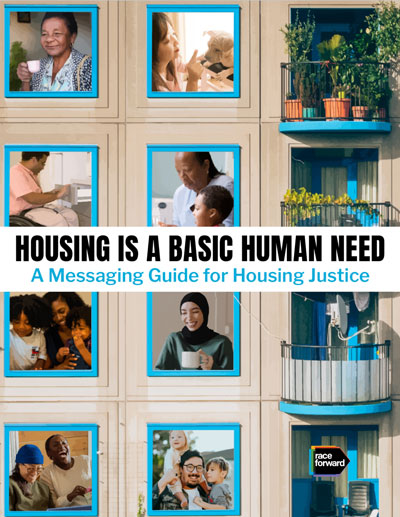
Housing Is A Basic Human Need Messaging Guide For Housing Justice
This resource helps renter and tenant organizers, homeowners, community leaders, housing policy advocates, and everyone who cares about housing as a basic human need talk about housing justice in a way that gets your neighbors excited, wins policy change, and shifts narratives to advance a vision of racial justice and homes for all.
Read More
This resource helps renter and tenant organizers, homeowners, community leaders, housing policy advocates, and everyone who cares about housing as a basic human need talk about housing justice in a way that gets your neighbors excited, wins policy change, and shifts narratives to advance a vision of racial justice and homes for all.
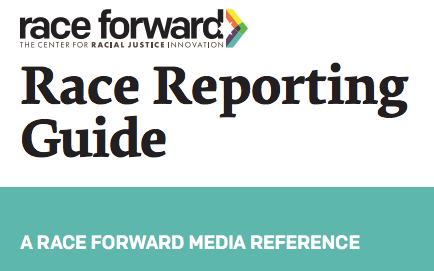
Race Reporting Guide
As demographics in this country continue to shift, it is more urgent than ever to speak openly about racial bias and inequity, and their deep roots in our history, culture and institutions, despite recent backlash to do so.
This guide provides critical support for the use of responsible language and story framing that reflects ethical and rigorous journalistic standards and affirms the dignity and human rights of people of all races. Although not comprehensive, the guide serves as a tool for journalists and thought leaders in the U.S. talking about race, racism, and racial justice in the media by providing context and guidelines to inform reporting and language.
Read More
As demographics in this country continue to shift, it is more urgent than ever to speak openly about racial bias and inequity, and their deep roots in our history, culture and institutions, despite recent backlash to do so.
This guide provides critical support for the use of responsible language and story framing that reflects ethical and rigorous journalistic standards and affirms the dignity and human rights of people of all races. Although not comprehensive, the guide serves as a tool for journalists and thought leaders in the U.S. talking about race, racism, and racial justice in the media by providing context and guidelines to inform reporting and language.
#BannedWords Campaign
This tool provides guidance to parents, activists, and government workers to counter-narrating the attacks on Critical Race Theory. Get help with crafting responses to the attacks seeking to undermine the momentum of racial justice movements.
Read More
This tool provides guidance to parents, activists, and government workers to counter-narrating the attacks on Critical Race Theory. Get help with crafting responses to the attacks seeking to undermine the momentum of racial justice movements.
Race and the Economy
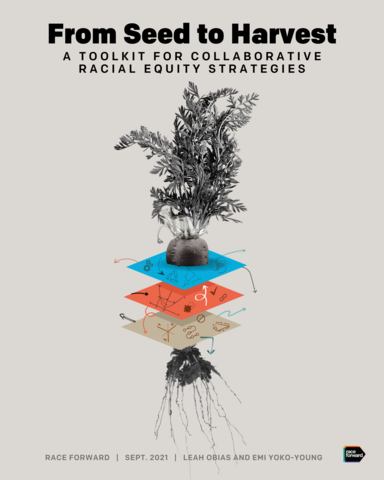
From Seed to Harvest: A Toolkit for Collaborative Racial Equity Strategies
This toolkit guides racial equity practices within community-government collaborations for sustainability and renewable energy policies and programs.
In addition to laying out a process for cultivating a plan, program, or policies through three steps: Preparation; Planting and Growth; and Harvest and Regrowth, the toolkit also highlights important questions to ask in a collaborative effort, and it’s a handy resource to keep in your racial equity shed for ready reference.
Read More
This toolkit guides racial equity practices within community-government collaborations for sustainability and renewable energy policies and programs.
In addition to laying out a process for cultivating a plan, program, or policies through three steps: Preparation; Planting and Growth; and Harvest and Regrowth, the toolkit also highlights important questions to ask in a collaborative effort, and it’s a handy resource to keep in your racial equity shed for ready reference.
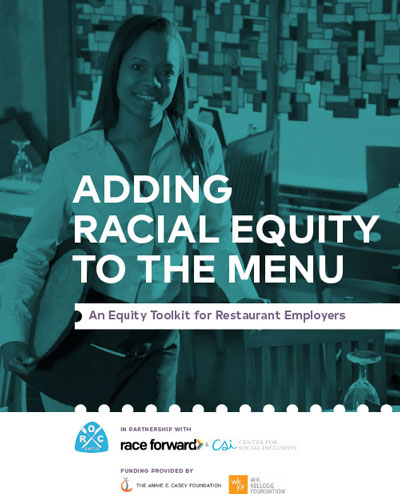
Adding Racial Equity to the Menu: An Equity Toolkit for Restaurant Employers
As the interest—and appetite—for equity increases, not only among customers, but also among restaurant owners, and of course, restaurant workers, this toolkit provides restaurant management with practical resources for assessing, planning, and implementing steps toward racial equity. From shifting towards sustainable, locally sourced, and organic food to making the fair treatment and compensation of employees a prominent part of their mission, operations, customer appeal, and overall brand, no step is too small. Every action can help a business thrive and fosters stronger local relationships with workers and consumers.
This toolkit can help you:
- Identify where racial biaes—whether conscious or unconscious—might be operating in the functions or policies of your restaurant, thus creating barriers to success for employees of color and your business as a whole
- Craft a plan to eliminate those barriers.
Read More
As the interest—and appetite—for equity increases, not only among customers, but also among restaurant owners, and of course, restaurant workers, this toolkit provides restaurant management with practical resources for assessing, planning, and implementing steps toward racial equity. From shifting towards sustainable, locally sourced, and organic food to making the fair treatment and compensation of employees a prominent part of their mission, operations, customer appeal, and overall brand, no step is too small. Every action can help a business thrive and fosters stronger local relationships with workers and consumers.
This toolkit can help you:
- Identify where racial biaes—whether conscious or unconscious—might be operating in the functions or policies of your restaurant, thus creating barriers to success for employees of color and your business as a whole
- Craft a plan to eliminate those barriers.
Racial Equity Impact Assessments for Economic Policies and Budgets
This assessment toolkit helps analyze and assess the actual or anticipated effects of public policies and budgets in order to identify ways to maximize equity and inclusion, and minimize adverse and unanticipated impacts on different racial and ethnic groups.
The toolkit includes:
- The Racial Equity Impact Assessment Guide for Economic Policies and Public Budgets: This guide includes a list of helpful questions to consider when conducting a racial impact assessment on existing or proposed economic policies or public budgets.
- Advocating for Racial Equity in Economic Policies and Public Budgets: Examples & Resources: This list provides research, recommendations, findings and frames by a dozen organizations engaged in the public debate around the federal economic recovery and stimulus policies, state budgets, and the subprime lending crisis. Many include links to action options.
Read More
This assessment toolkit helps analyze and assess the actual or anticipated effects of public policies and budgets in order to identify ways to maximize equity and inclusion, and minimize adverse and unanticipated impacts on different racial and ethnic groups.
The toolkit includes:
- The Racial Equity Impact Assessment Guide for Economic Policies and Public Budgets: This guide includes a list of helpful questions to consider when conducting a racial impact assessment on existing or proposed economic policies or public budgets.
- Advocating for Racial Equity in Economic Policies and Public Budgets: Examples & Resources: This list provides research, recommendations, findings and frames by a dozen organizations engaged in the public debate around the federal economic recovery and stimulus policies, state budgets, and the subprime lending crisis. Many include links to action options.
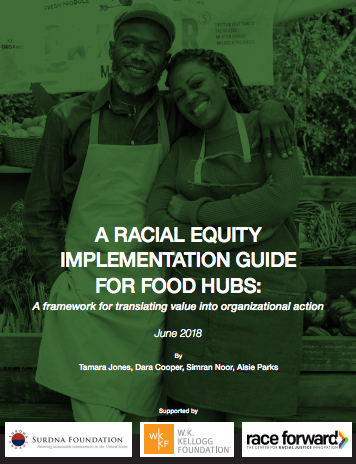
Racial Equity Implementation Guide for Food Hubs
A guide to fostering conversations that can help food hubs deepen their racial equity practices.
Read More
A guide to fostering conversations that can help food hubs deepen their racial equity practices.
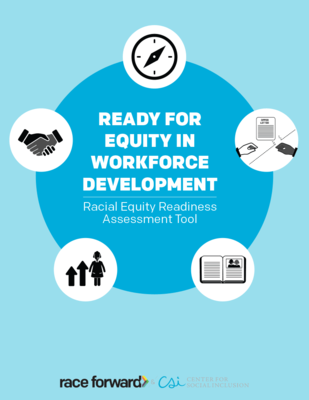
Racial Equity Readiness Assessment for Workforce Development
This guide for workforce development organizations and practitioners helps assess programs, operations, and culture in order to identify strength areas and growth opportunities. Practitioners can use this toolkit to familiarize themselves with various practices and policies that support institutional racial equity, evaluate their current efforts, and plan action steps.
Read More
This guide for workforce development organizations and practitioners helps assess programs, operations, and culture in order to identify strength areas and growth opportunities. Practitioners can use this toolkit to familiarize themselves with various practices and policies that support institutional racial equity, evaluate their current efforts, and plan action steps.
This foundation course explains racial justice values and vision, defines key concepts of racial justice and racism, and emphasizes opportunities to challenge and change institutional racial inequities.

This engaging training uses Race Forward's Racial Equity Decision-making Tool (RED Tool) to guide participants through building an organization-wide racial equity decision-making practice and culture that centers communities and community members who will be most impacted by the decisions.

Reports
Reports
Education
Historical Timeline of Public Education in the US
Energy Democracy
Energy Democracy: Honoring the Past and Investing in a New Energy Economy
Governing for Racial Equity
Co-Governing Toward Multiracial Democracy
Assessment of Federal Equity Action Plans
Partnering with Federal Agencies to Advance Racial Equity
Monterey County: From Disenfranchisement to Voice, Power, and Participation
Following up on the two years since the release of Building the We, this report explores the efforts of a community-focused collaborative government decision-making process.
Building the We: Healing-Informed Governing for Racial Equity in Salinas
Immigration
Shattered Families
Narrative Strategy
Drop the I-Word
Moving the Race Conversation Forward
"Moving the Race Conversation Forward" is a report by Race Forward: The Center for Racial Justice Innovation that aims to reshape and reform the way we talk about race and racism in our country.
Millennials, Activism, and Race... Don't Call Them 'Post-Racial'
Talking About Race - A Summary Of Findings
Race and the Economy
Research and Recommendations for Racially Equitable Communications in Workforce Development
Reframing Food Hubs
Race-Explicit Strategies for Workforce Equity in Healthcare and IT
Confronting Racial Bias at Work
Clocking-In: Now in English & Spanish!!
Our Timeline
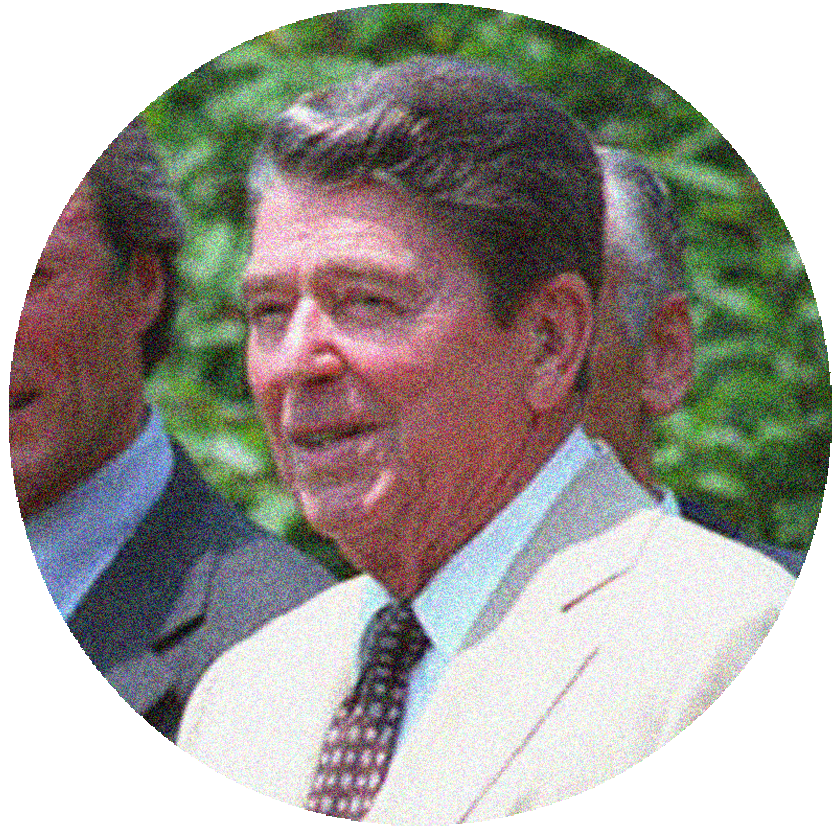
During this administration, “Reaganomics” and the war on drugs was introduced. In addition to cutting budgets for renewable energy research and development, the solar-thermal panels put up on the White House by the previous administration were removed.
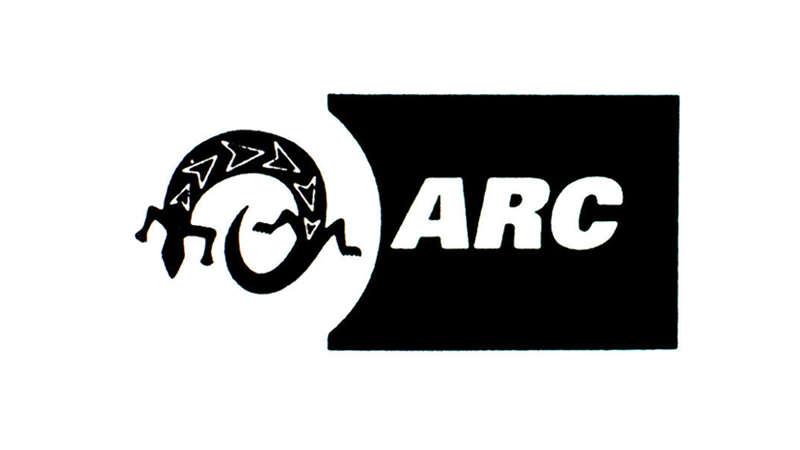
Articles of Incorporation were filed March 31, 1981. ARC was founded by Gary Delgado as an analytic resource for community organizations of color in the Center for Third World Organizing (CTWO) network.
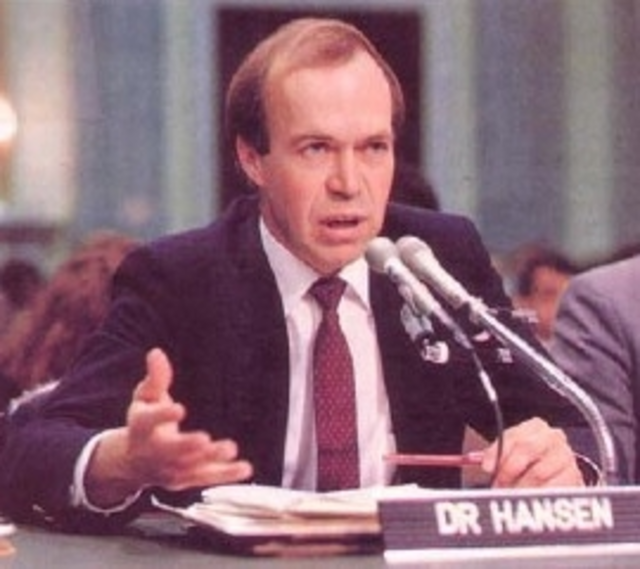
James Hansen’s testimony and the subsequent media coverage increased awareness of Global Warming with predictions of extreme climate events. Communities with less political power and wealth are more likely to be impacted by climate change. This disproportionately effects communities of color.
On the Recognition of Global Warming | More Colorlines Coverage
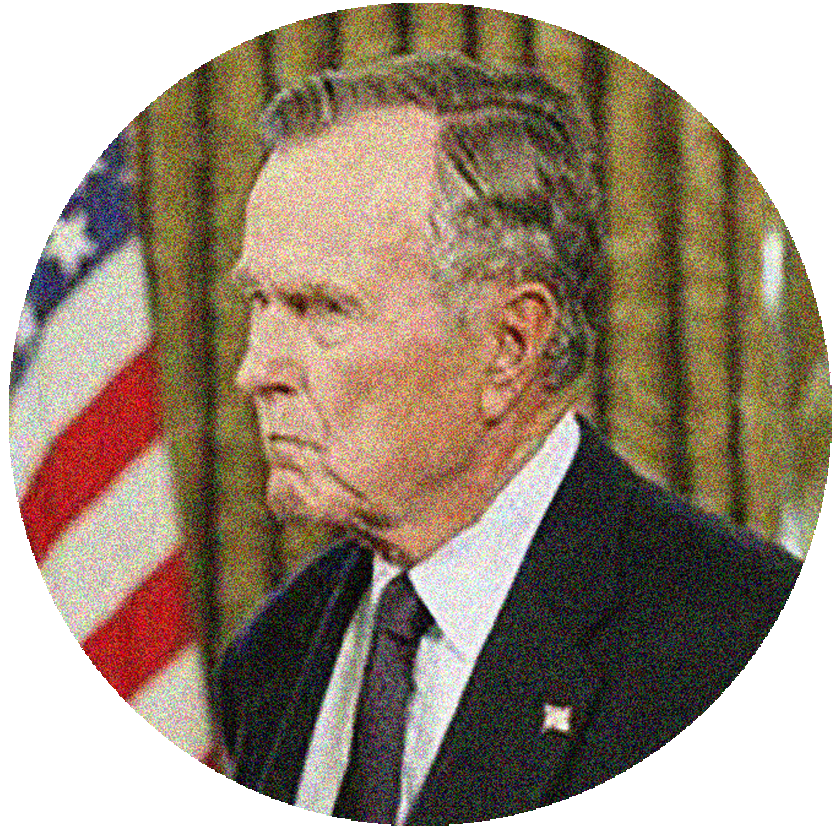
Winning the election after his supporter’s infamous (and racist) Willie Horton campaign, the Bush administration went on to war under false pretenses.
The L.A. Rebellion follows the acquittal of officers in the Rodney King trial.
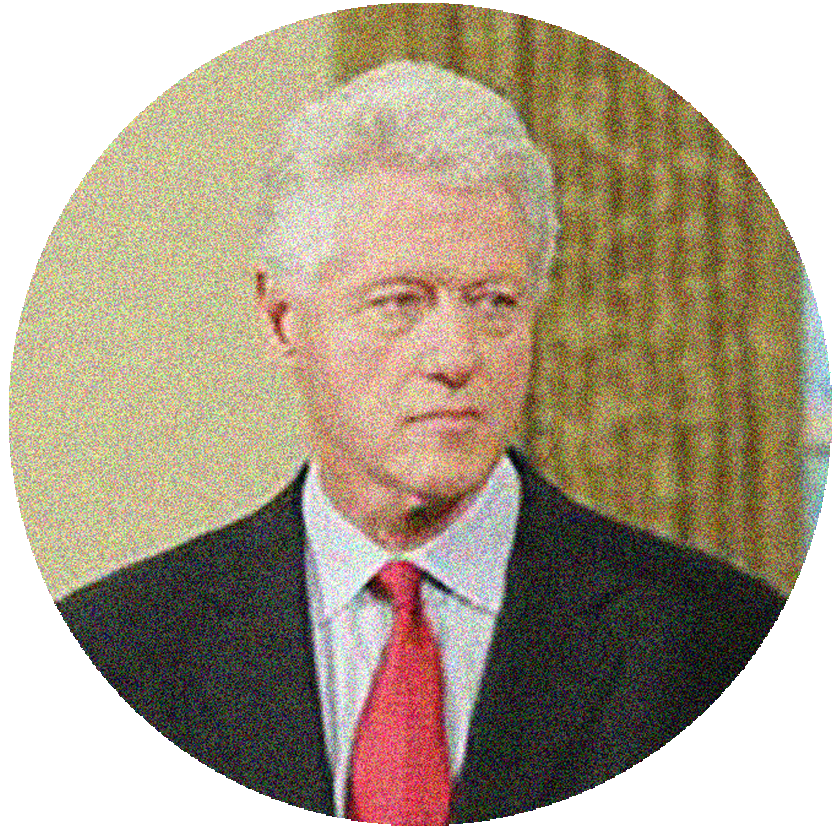
During this administration, The Personal Responsibility and Work Opportunity Reconciliation Act of 1996 signed into law. This welfare reform was passed based on racist stereotypes.
ARC takes it on by publishing False Foundations of Welfare Reform and taking actions for a national alliance of welfare rights organizations (between 1991 and 2001).
Gary Delgado on Welfare Reform | Rinku Sen on Welfare Reform | The “Welfare Queen” Sterotype | Report The False Foundations of Welfare Reform
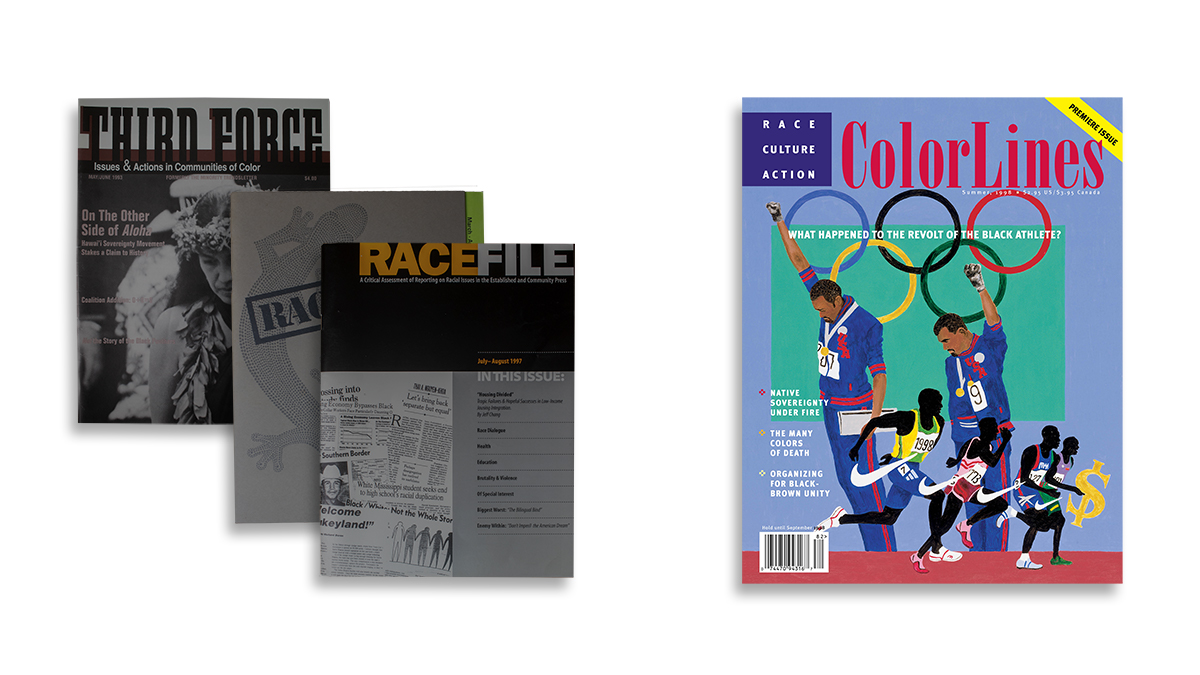
The first issue (v1.1 Summer 1998) was completed in May 1998. ColorLines magazine emerged from the merging of RaceFile and ThirdForce. Founded by Bob Wing and Jeff Chang, ColorLines worked to bring attention to race, especially stories from the perspective of communities of color. ColorLines the magazine ran for over 11 years.
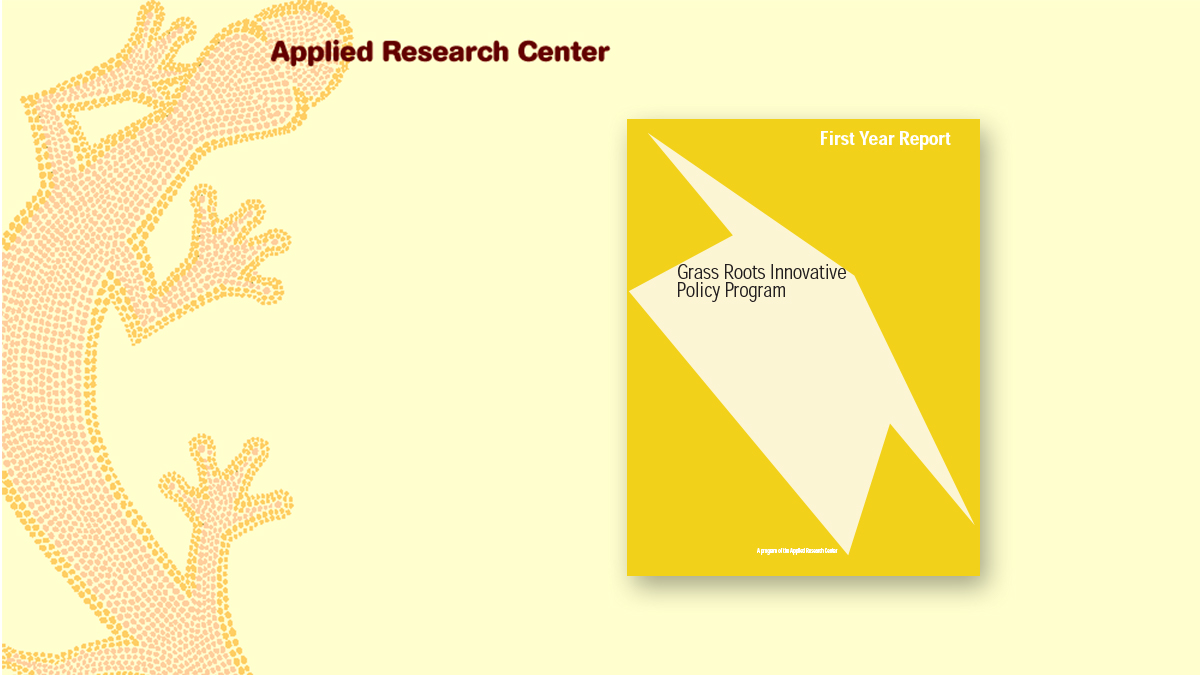
G.R.I.P.P report cover with late 90s ARC website background.
The GRIPP program engaged 70 local organizations and 22 national organizations that worked together on a total of eight local and state policy initiatives. Out of eight initiative campaigns, six resulted in the enactment of successful policies.
Contrary to the conventional wisdom, GRIPP demonstrated unequivocally that community-based organizations can indeed win progressive policy changes (including concrete health insurance access and anti-discrimination policies, and school discipline policy changes) when they use strategies that lead with race.

During this administration, the war on terror was introduced. An increase in racial profiling and discrimination of Muslims came in the years following the events of September 11, 2001.
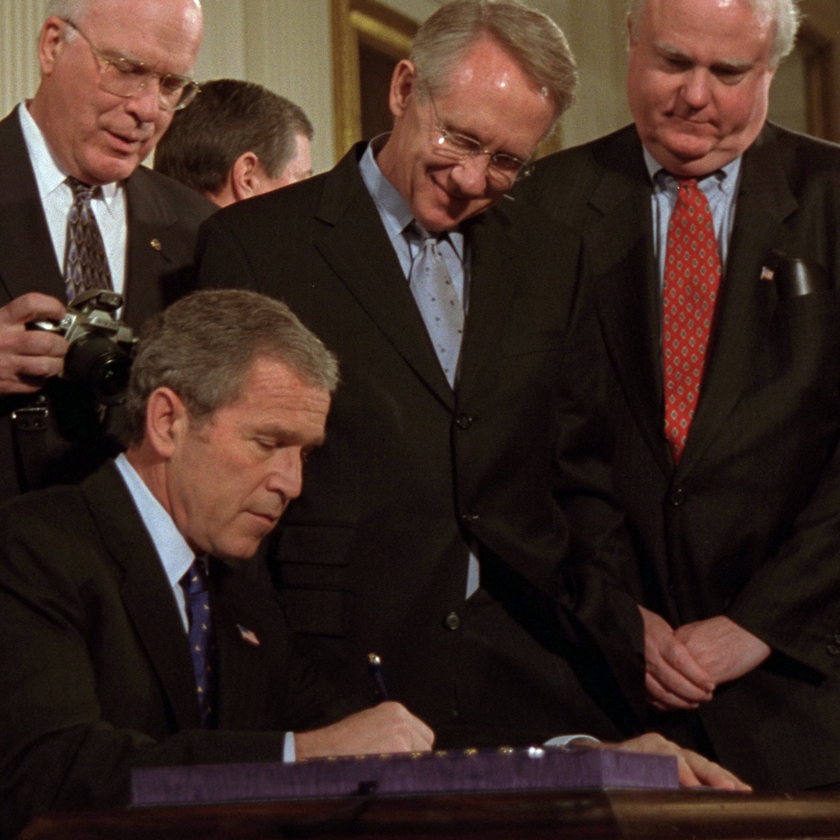
On September 11, 2001, four airliners were hijacked and used to attack prominent buildings in New York and Washington D.C. In response to the 9/11 attack, the USA Patriot Act is passed on October 26 of the same year, leading to an increase in racial profiling of Muslims, deportation, and detention.
9/11 Attacks | Impact of Increased Surveillance | The Public’s Truth
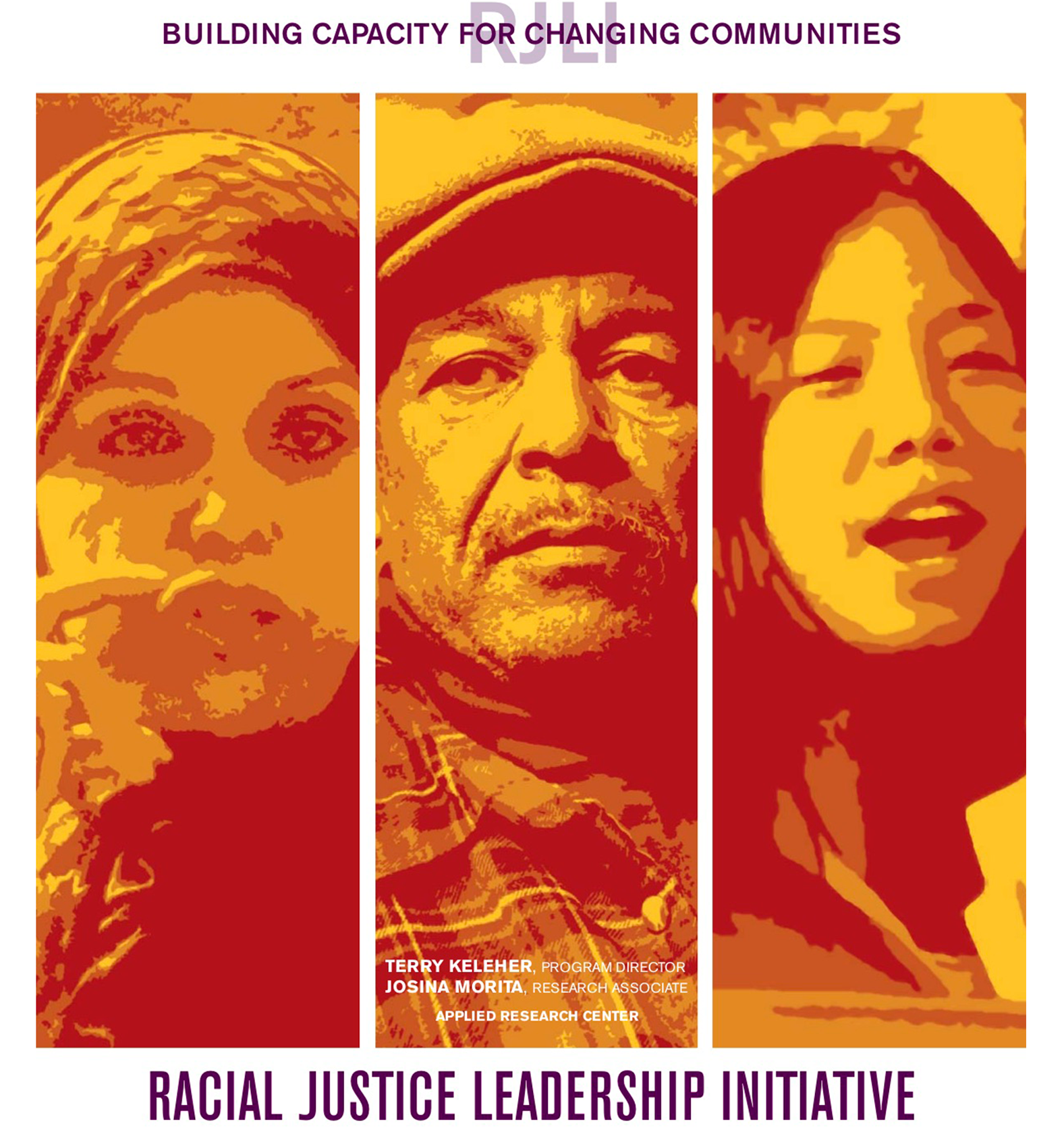
Applied Research Center launches Racial Justice Leadership Initiative (RJLI), offering training and consultation to help thousands of activists and organizations advance racial equity. It was the predecessor to current Building Racial Equity training series.
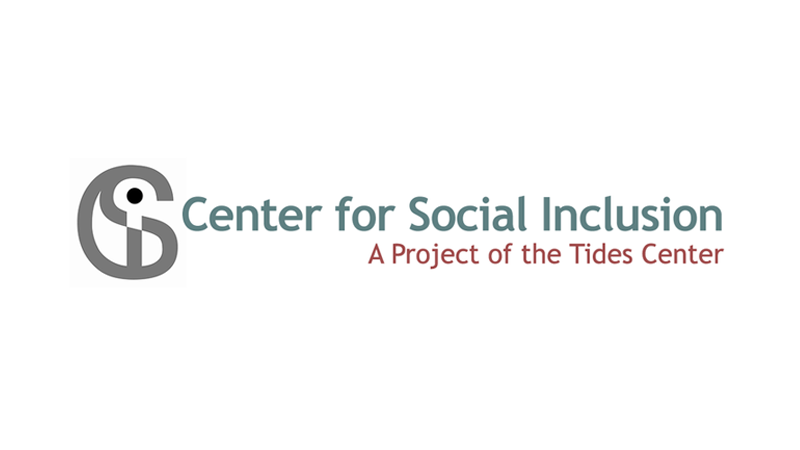
In 2002, the Center for Social Inclusion (CSI) began in the living room of Civil Rights Attorney Maya Wiley, with a $75,000 seed grant from the Open Society Institute as a project of the Tides Center. The brain-child of Maya and Jocelyn Sargent, a political scientist, they started CSI in the wake of September 11th to support racially equitable policy solutions to a devastated city.
The federal government made $20 billion available to support rebuilding from the attacks, but the bulk of this money targeted two wealthy neighborhoods in Manhattan. CSI's early efforts lifted up the need of other communities, particularly communities of color, devastated by the attacks and the reactionary policing of immigrants and Muslims.
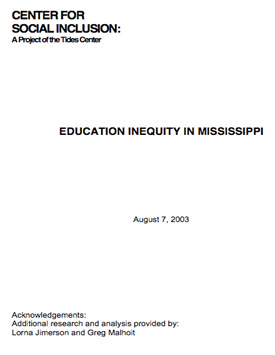
Intended to provide a better understanding of the potential impact of the Mississippi Adequate Education Plan (MAEP), as well as to help identify inadequacies in the education reform system and implications for further education reform efforts.
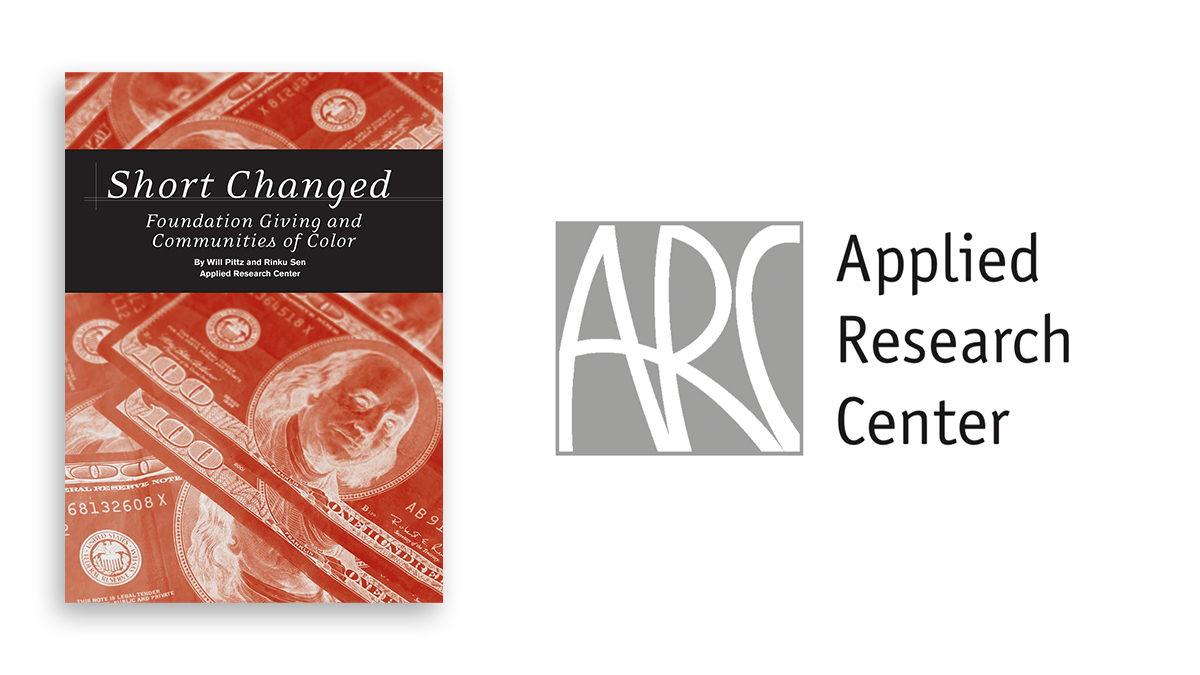
ARC received a new logo design in 2001.
Report authored by Rinku Sen and Will Pitz in Spring 2004 highlighting ways foundations concerned with social justice have disproportionally excluded communities of color.
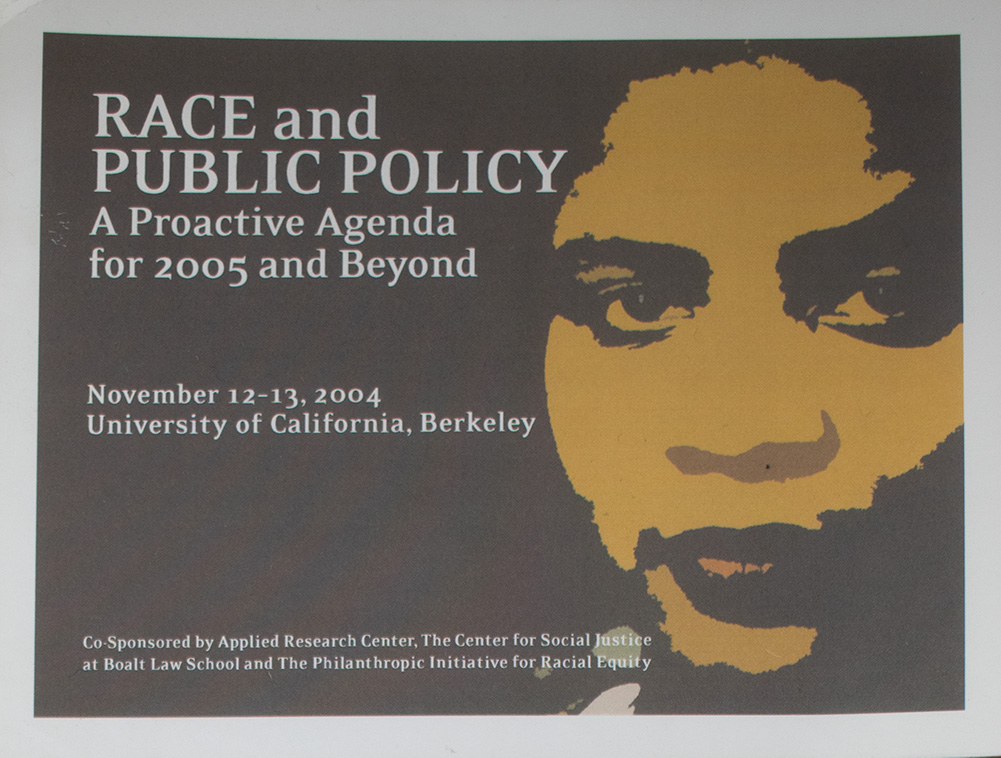
National Conference on Race and Public Policy conference held in 2004, later to be renamed Facing Race.
Over 1,800 deaths. 80% of New Orleans was submerged after flood walls broke. Climate change may have played a role in increasing the damage from the storm. The impact on communities of color were greater and lasted longer. Racism played a large part in this impact, from neglect, to a decrease in available public housing, to profiling by police.
The tragic outcomes and lack of federal response point to systemic racial inequity.
Former Race Forward staffer, Tara Conley created this short film about the experience.

With a new name, ARC’s national conference, Facing Race takes place at CUNY Graduate Center in New York City. It has more than 50 workshops and panels on the racial wealth divide, transforming public schools and creating state policy that addresses racial disparities.
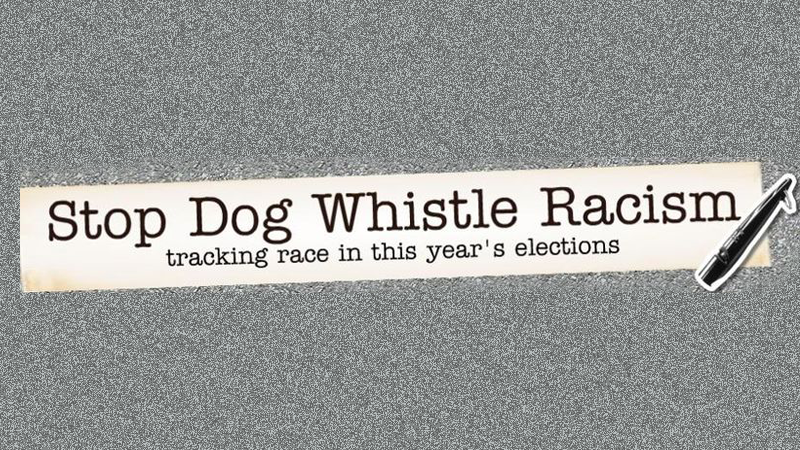
CSI launches the website Stop Dog Whistle Racism to track the ways in which race was used as a "dog whistle" during the 2008 presidential election cycle. The website is helmed by Ludovic Blain.
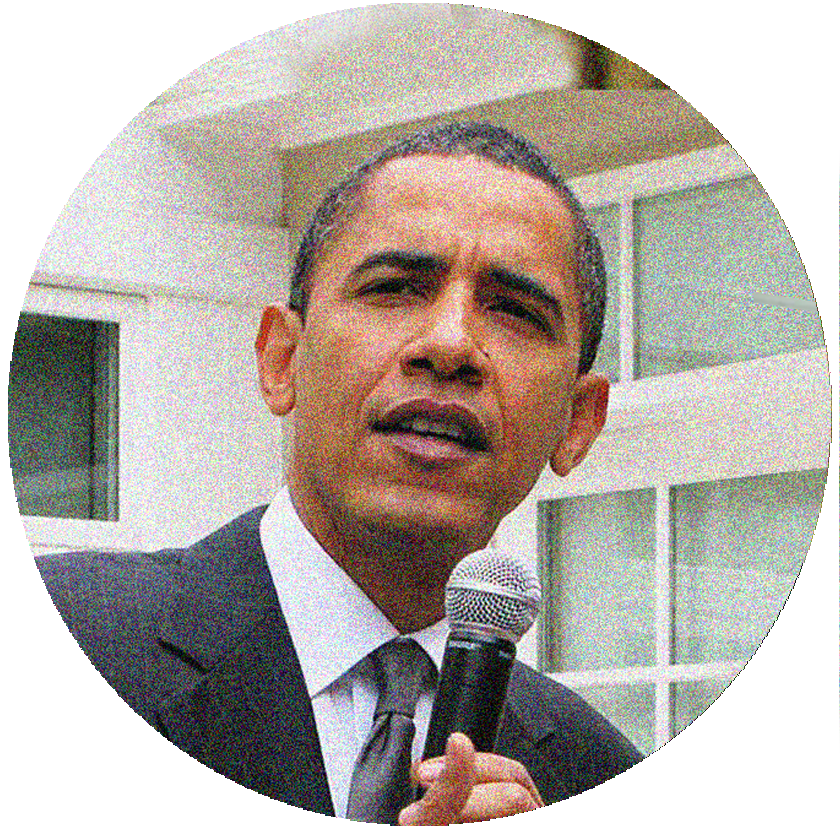
The election of President Obama—the first Black president—led to a rise in racism and white supremacy amongst assumptions of a post racial society.
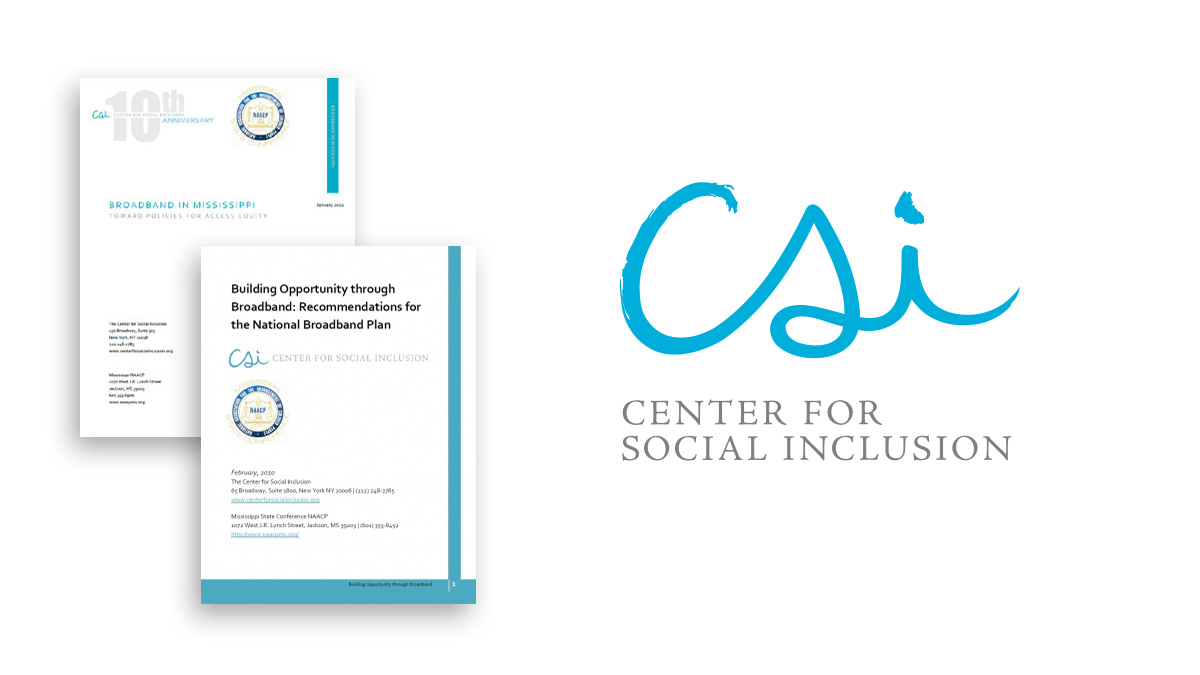
CSI got a new look with their 10th anniversary.
Congressman Bennie Thompson and the Mississippi State Conference of the NAACP, CSI co-convened a public hearing on “Building Opportunity through Broadband” where telecommunications professionals, advocates, and experts in public health, economic development and education testified about the state of broadband in Mississippi’s 2nd Congressional District and its disproportionate negative impact on communities of color. Learnings are submitted to the FCC. CSI also publishes “Broadband in the Mississippi Delta.”
On December 7, 2010, CSI continued this discussion by co-hosting a symposium with the Center for Technology, Innovation and Community Engagement.
Building Opportunity Through Broadband | Broadband in the Mississippi Delta | Paper: Broadband Equity Today | National Symposium on Community-Scale Broadband
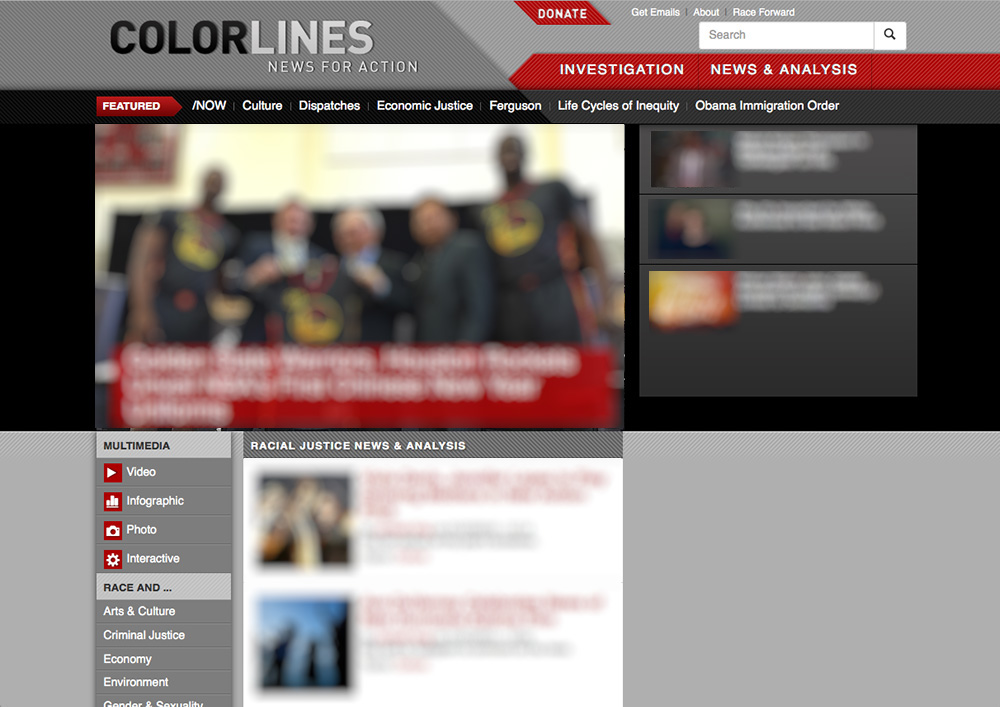
The new ColorLines will cover events as they unfold–bringing you not only the most urgent news but the context in which to understand it. The last issue of ColorLines magazine was the November/December 2009 issue.
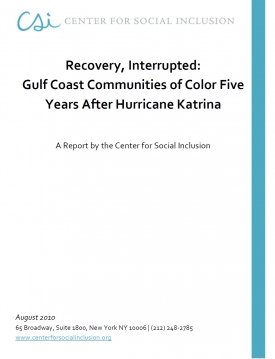
This report covers long term recovery failures as well as advocates for policy changes.
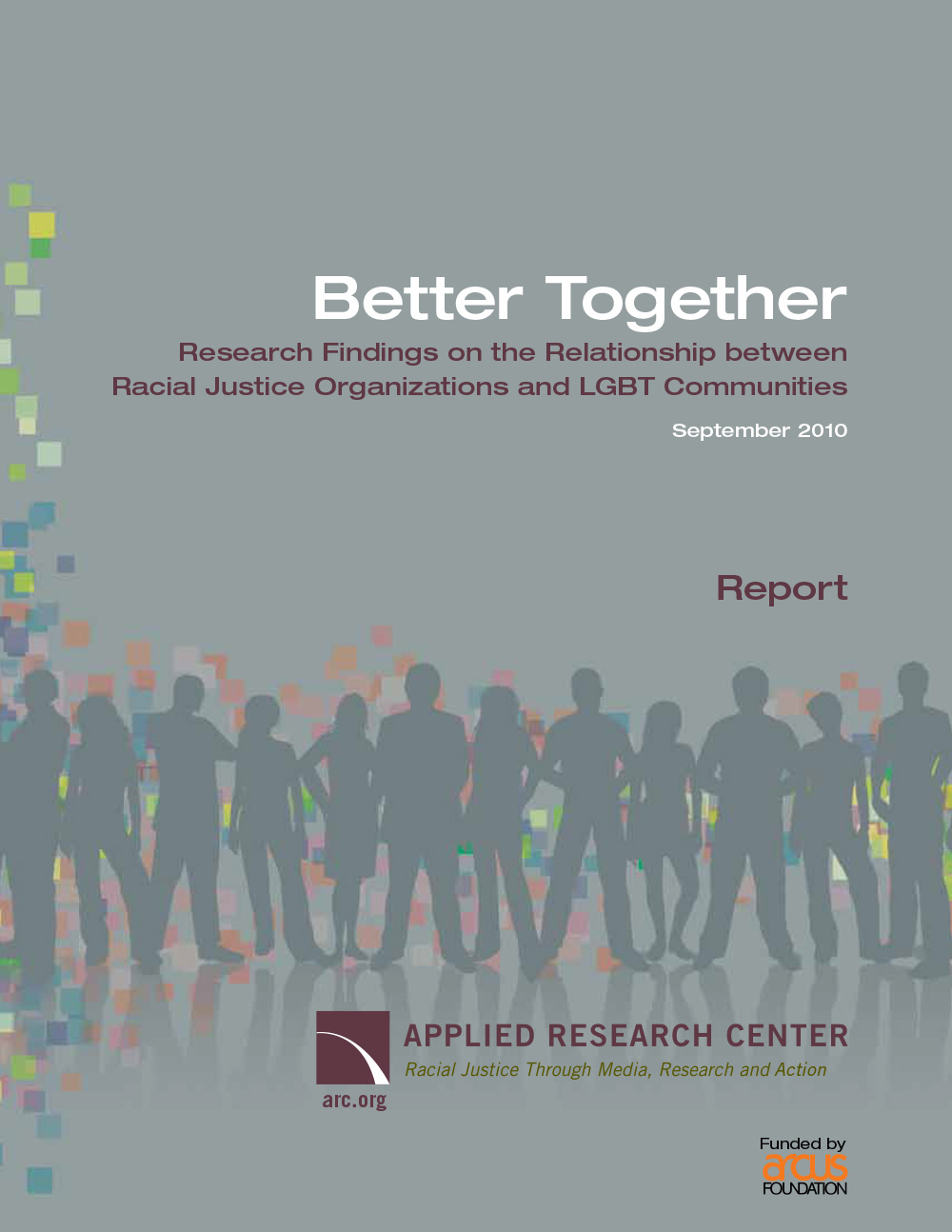
A study on the relationship between racial justice organizations and lesbian, gay, bisexual, and transgender (LGBT) communities. ARC takes an intersectional approach to racial justice.
In 2012, ARC with Southerners on New Ground (SONG) began a cohort to consider the challenges and opportunities in tying the racial justice movement to LGBT liberation in the U.S. South.
Report: Better Together Report | Report: Better Together in the South
The Applied Research Center and ColorLines launch pledge campaign to drop usage of the word “illegal” in reference to human beings. On November 15, 2011, Drop the I-Word Calls on Associated Press to Remove “Illegal Immigrant” from Stylebook.
“Detaining and deporting parents shatter families and endanger children left behind.” — Rinku Sen
On May 2, 2012, Seth Freed received an award for reporting via Colorlines after a yearlong investigation on kids these kids lost in the U.S. Deportation system.
Report: Shattered Families | Colorlines article | Hillman prize winners
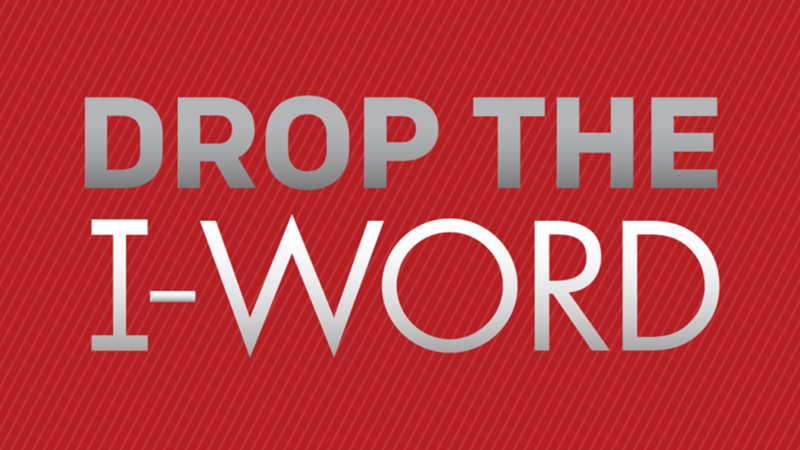
The Associated Press announced the change via a Blog post. On April 10, USA Announced they would stop using the term. The New York Times also announced they’d been considering a gradual shift. As did the L.A. Times follow suite on May 1, 2013.
After the acquittal in the trial for the murder of Trayvon Martin, Alicia Garza, Patrisse Cullors, and Opal Tometi start the hashtag and greater Black Lives Matter movement.
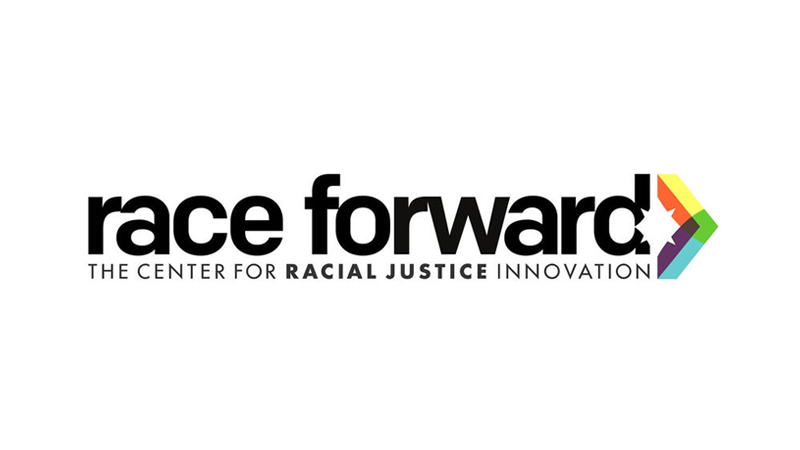
The new name highlights the centrality of addressing race and the urgency of paving the way forward to racial justice.
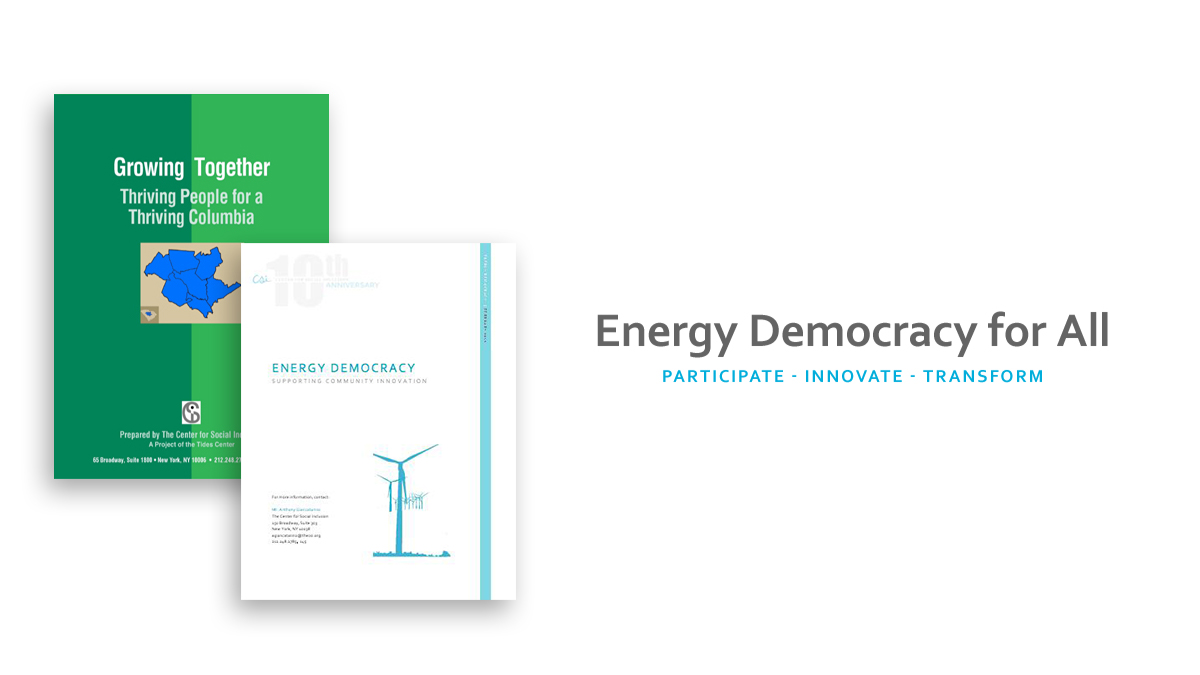
Energy Democracy program started with work in rural South Carolina in 2004 with rural communities in the region to support Black landowners dealing with incorporation and saving their farmland. 2010, CSI released the white paper Energy Democracy: Community Scale Green Energy Solutions. With this paper, we initiated a broad dialogue among academics,community advocates and environmental justice experts linking a clean economy to the conditions communities of color face today.
The Energy Democracy report permits CSI to identify ways that renewable energy – an area of boundless opportunity – can bridge local communities of color to the national policy debate.
Colorlines’ Aura Bogado interviews a Central American migrant child about her experience with the hieleras, the immigration holding facilities in the United States.
Children such as one interviewed by Colorlines, testifies to congress about their experience while in custody with DHS.
GARE organized and led a convening of government and community leaders from throughout the country in Minneapolis.
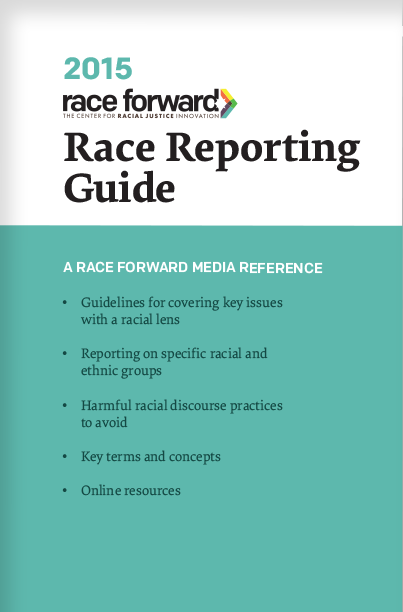
Providing critical support for the use of responsible language and story framing that reflects ethical and rigorous journalistic standards and affirms the dignity and human rights of people of all races.
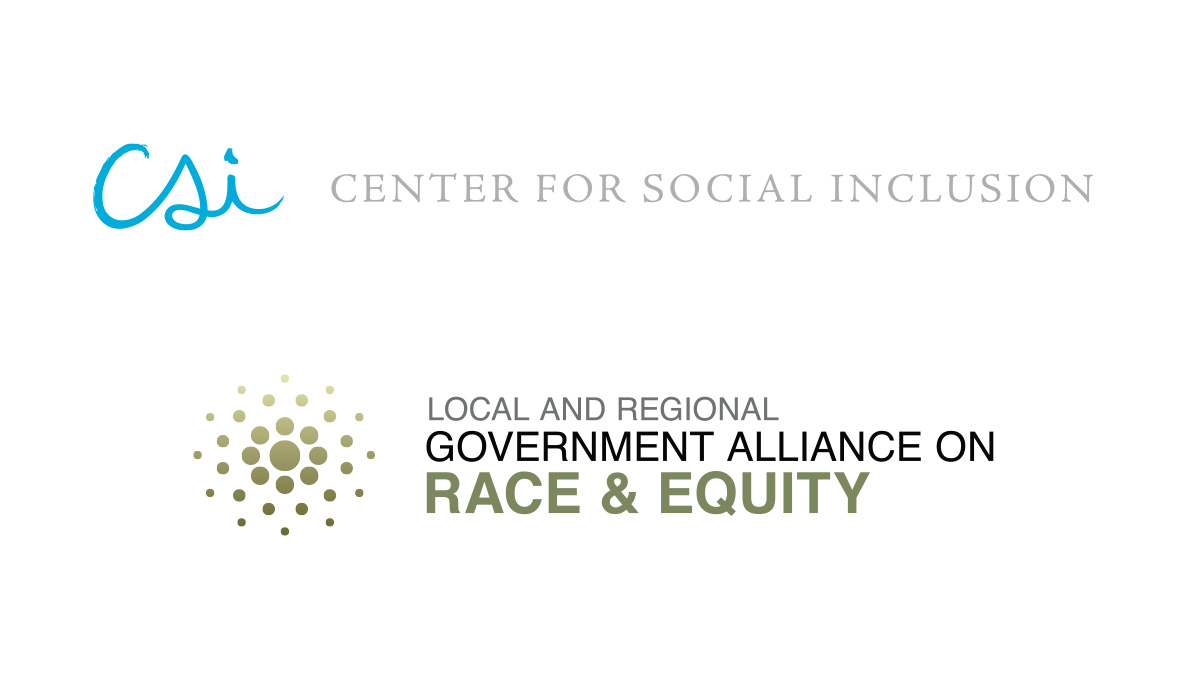
Government Alliance on Race & Equity becomes a joint project of Center for Social Inclusion and Haas Institute for a Fair & Inclusive Society.
CSI begins convening the National First Food Racial Equity Cohort, a group of 16 breastfeeding advocates, supporters, academics, and other practitioners from across the country.
LaDonna Brave Bull Allard co-founds the camp in response to the pipeline being built near the Standing Rock Sioux Reservation. The pipeline would transport crude oil which could contaminate soil or water during leaks.
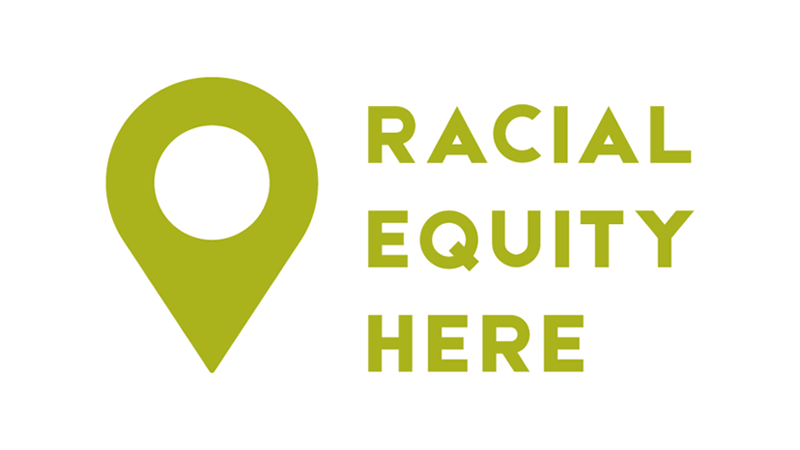
Racial Equity Here is a movement of community organizations, local governments, foundations, schools and businesses across the country making a commitment to advance racial equity. Starting with five mayors meeting in New York.
From the Muslim Ban to children in cages, the environmental protection rollbacks to the response to the coronavirus, President Donald Trump’s administration presented a challenge to racial justice and equity.
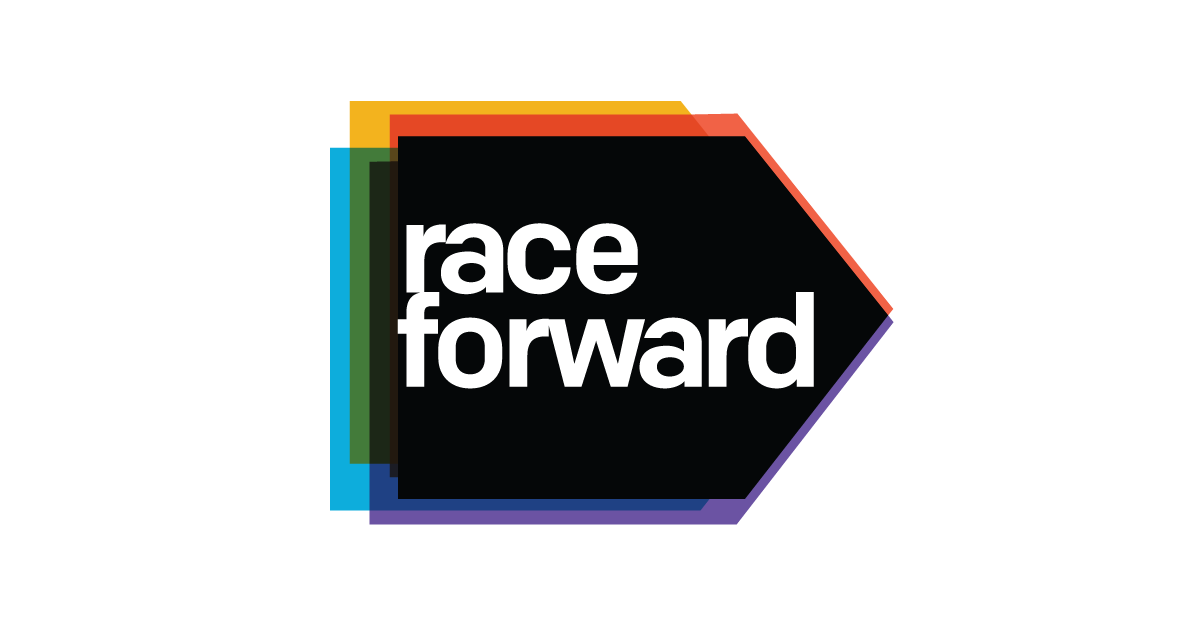
Borne out of opportunity, abundance, urgency, and a mutual desire for greater alignment and multiplied efforts to deliver on both organizations’ core principles of advancing racial equity and supporting communities most impacted by structural racism.
Mass Freedom will focus on elevating the voices of those who have been most impacted by mass criminalization via talks, Colorlines reporting, and resources.
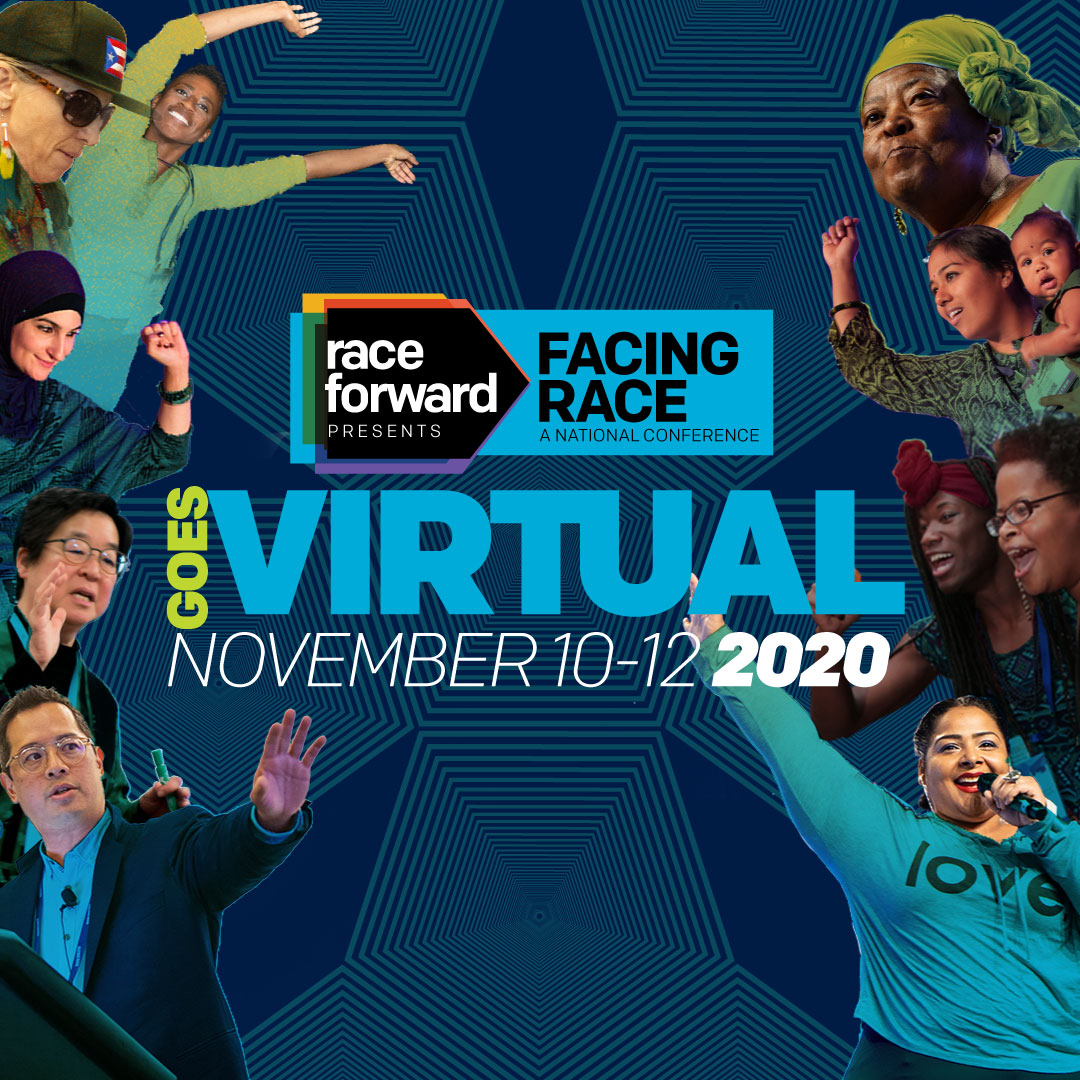
COVID-19 caused by the SARS-CoV-2 virus was addressed with a global shutdown with social distancing resulting in a mass shift to virtual gatherings and meetings, providing more accessibility to folks not able to gather at public venues.
George Floyd was murdered by a Minneapolis police officer when he was pinned down after repeated attempts to communicate that he couldn’t breathe. This follows incidents of other police killings such as Eric Garner, Elijah McClain.
Protests occur around the world against police violence and racism.
President Trump sends a memo to federal agencies prohibiting racial equity trainings. President Trump denounced critical race theory and announced the formation of the 1776 Commission to promote "patriotic education" in a speech on September 17, 2020. On September 22, 2020, the president issues an Executive Order on Combating Race and Sex Stereotyping. Many bills since were introduced to ban education utilizing critical race theory.
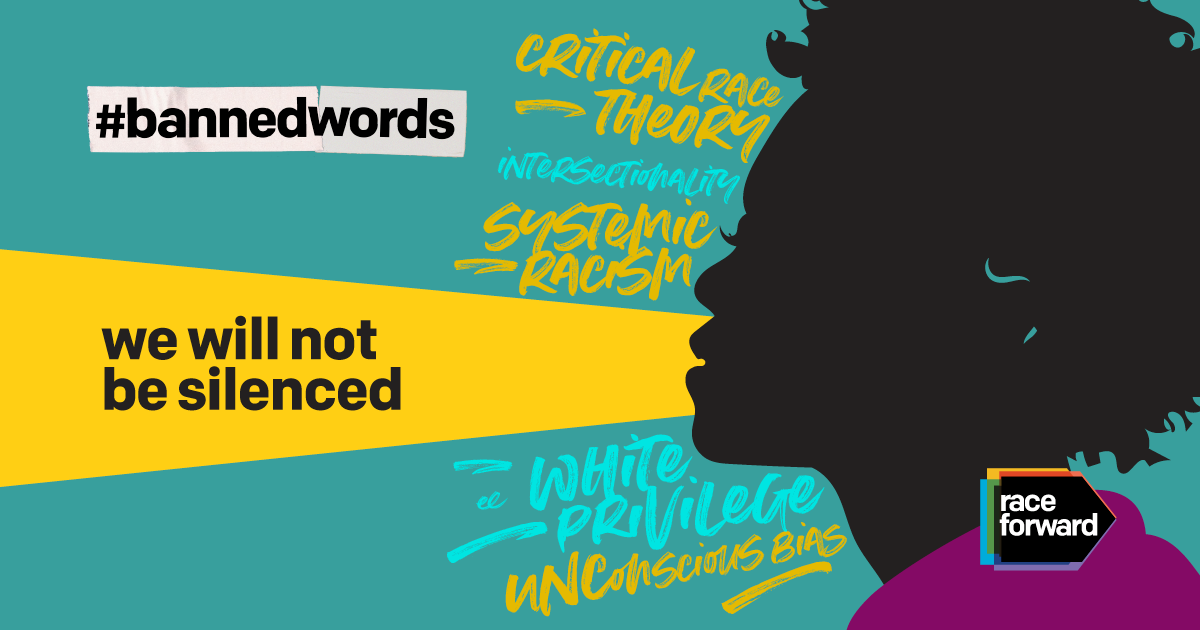
In response to increased attacks on Critical Race Theory, Race Forward releases a set of tools to counter attacks on critical race theory.
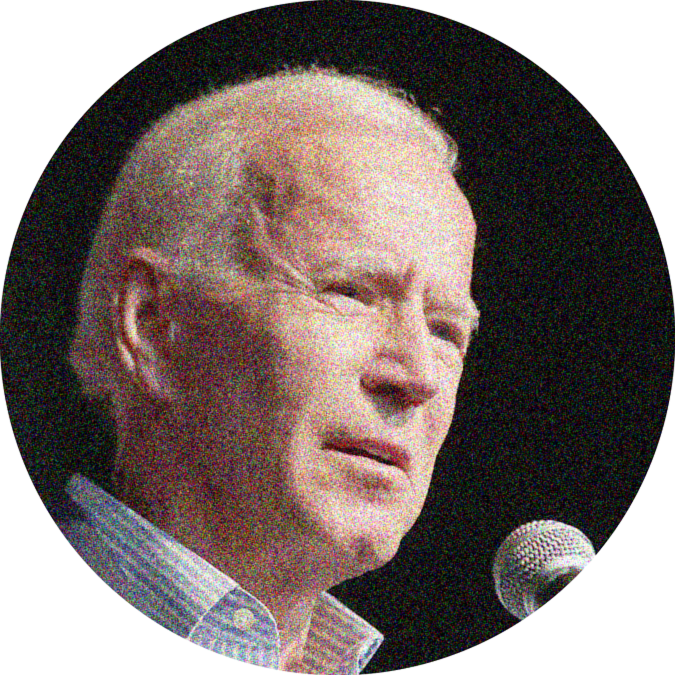
"Joe Biden" by Gage Skidmore is licensed under CC BY-SA 2.0
President Joe Biden takes office and makes a series of executive orders around promoting racial equity and calls out white supremacy.
